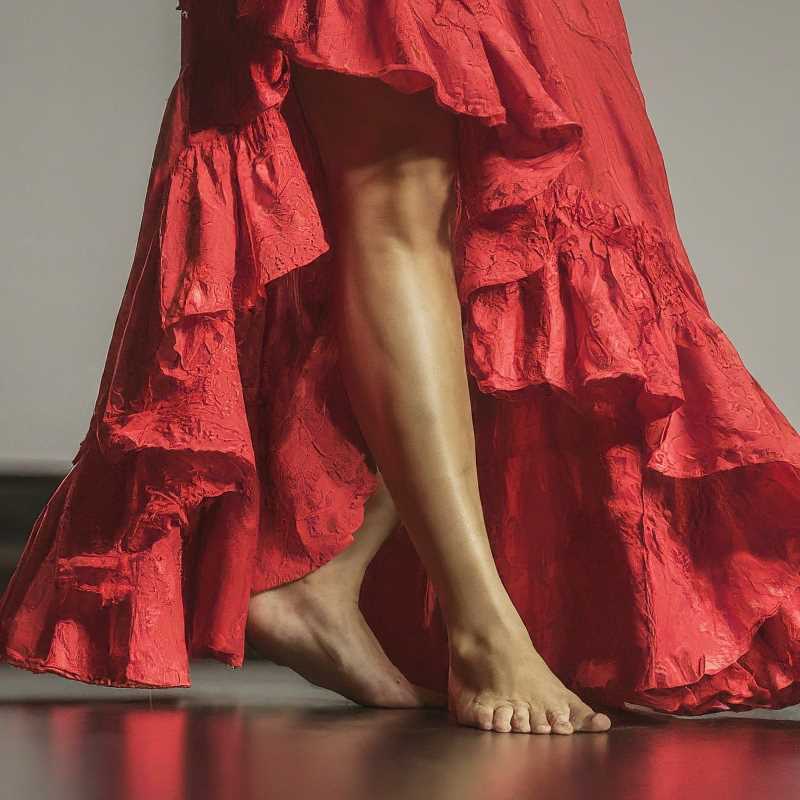The Jarabe Gatuno and the Politics of Pleasure
The Jarabe Gatuno, a popular dance in 18th century New Spain, was banned by authorities due to its deemed indecent nature. This article explores the clash between cultural expression and religious censorship.

The bans on popular songs in the late 18th and early 19th centuries offer a perspective of the censorship exercised by the Holy Inquisition towards popular and cultural activities in New Spain. Such is the case of Jarabe Gatuno or pan de jarabe in 1802.
Jarabe gatuno was a song that reached the ears of the viceroy of New Spain, Feliz Berenguer de Marquina, through a complaint that asked for his intervention to ban it, arguing that it went against the principles of the church. On May 19, 1772, Agustín Rotea, a priest, decided to write a letter to the New Spain authority describing that he had attended a play at the Teatro de la Ciudad on the night of the 16th of the same month, in which the tragedy entitled Reynar después de morir was performed. After the second act concluded, two actresses came on stage at the request of the public to sing and dance a song called La cosecha. This dance was considered by the priest to be in bad taste and highly indecent.




